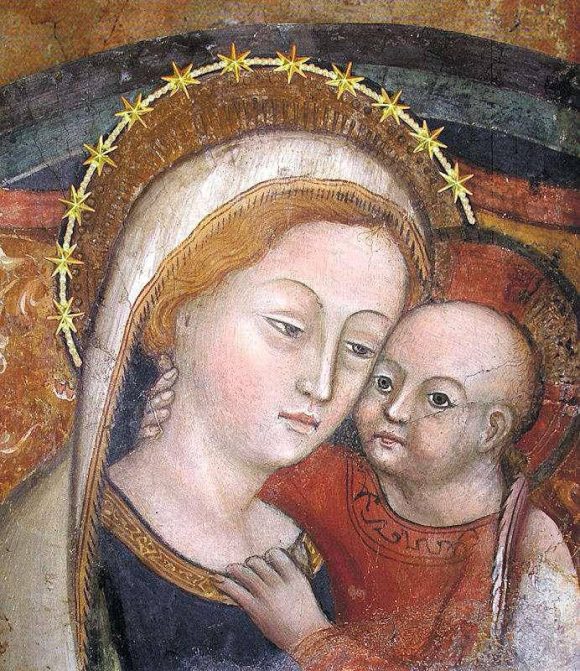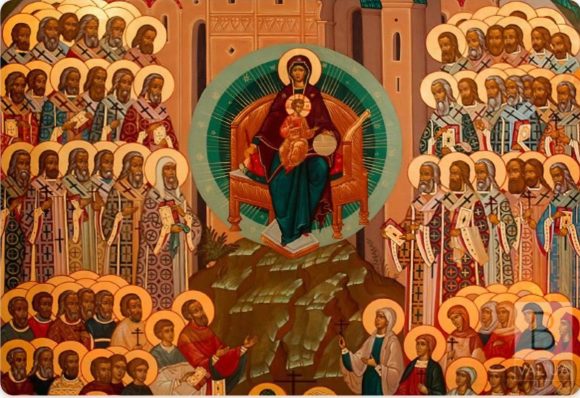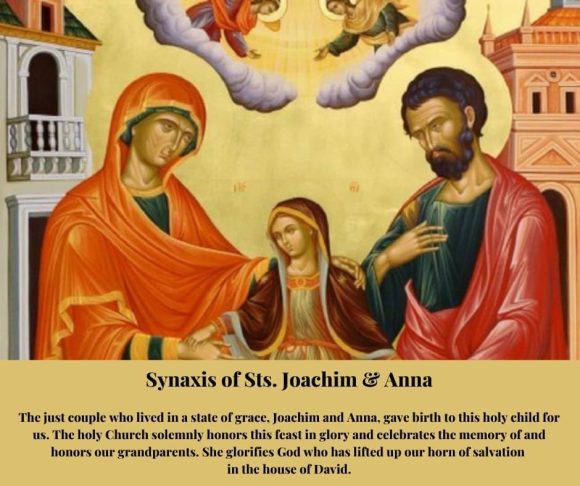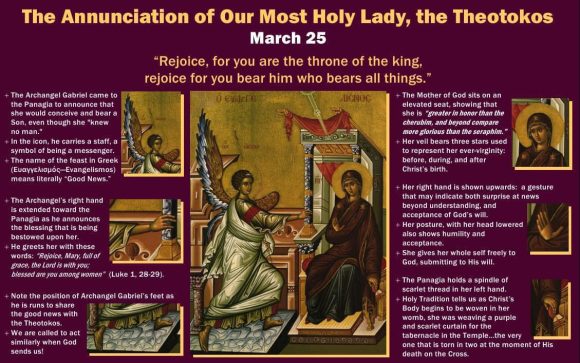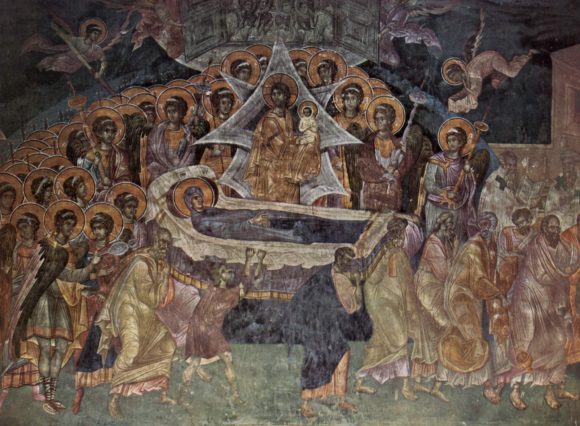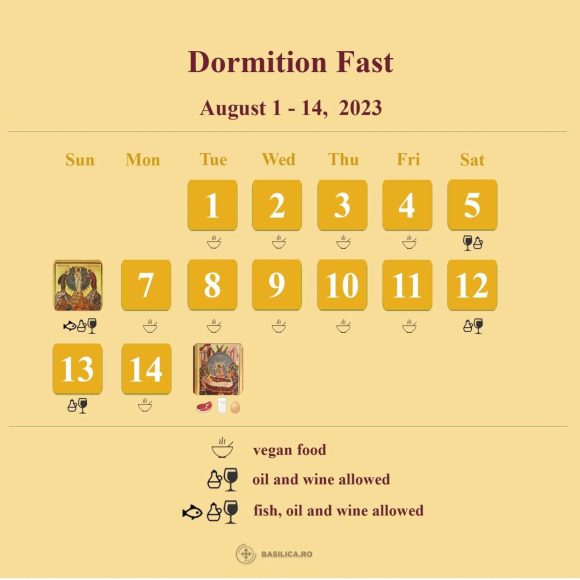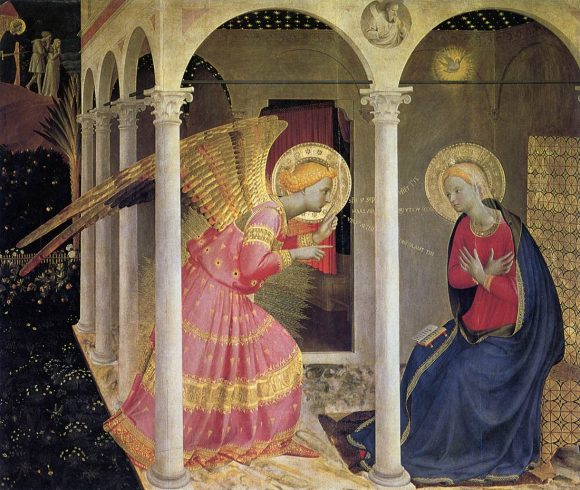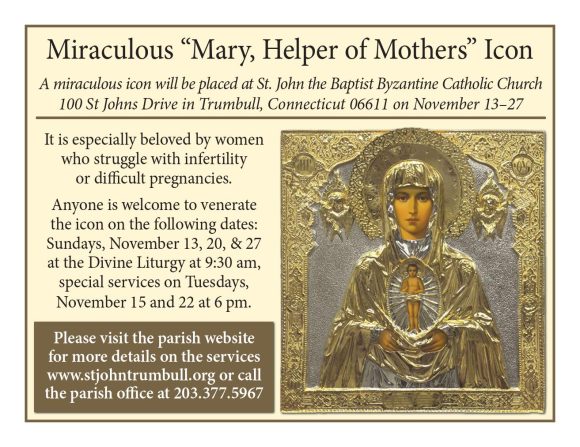O Lord, our God, look down with merciful eyes upon our humble and earnest petition which we fervently offer to You today in behalf of all of our mothers. Shower Your heavenly graces upon them. Grant that they may always behold the joy of their children and their children’s children. Fill them with that same maternal love that our most holy Lady, the God-bearer, and ever-Virgin Mary showed to Your Only-Begotten Son, our Lord, Jesus Christ. And, grant that all of our mothers may ever be sustained in the image of our heavenly mother, the Most Pure Virgin Mary. We pray to You, O heavenly Master, on this special day honoring our mothers to graciously hear us and have mercy on them.
Happy Mother’s Day.
